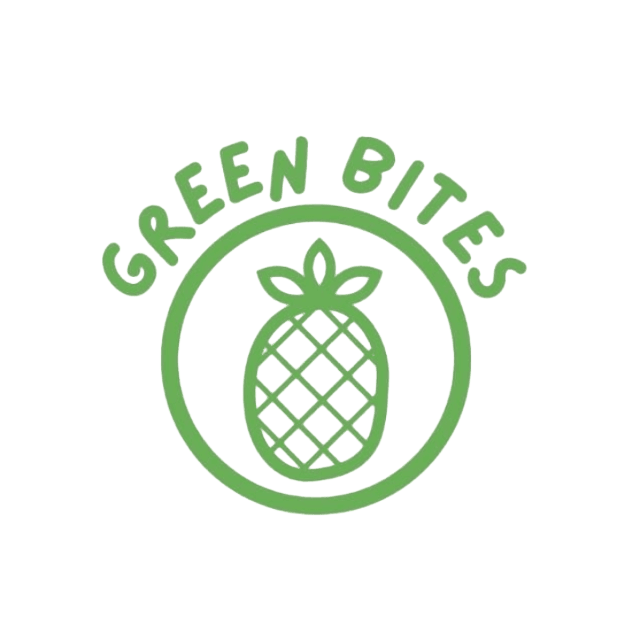In Real Time: are shortcuts always the best option?

28 July 2025
I read an article yesterday that made me rethink my entire experience in the digital [and real] world. I highly recommend you take the time to real the entire piece.
compression culture is making you stupid and uninteresting
I’ve been sort of thinking about this concept for a long time now, but this excellent author found such a wonderful way to express the downside of squeezing as much life as possible into a small space or time.
It just doesn’t work that way.
When I speed up a podcast or youtube video to 2x (personally, I’ve already recognized that 1.25x is my max for understanding and processing the words), I’m not necessarily learning more - the result may be I’ve just crammed more data into my brain, but less depth of thought.
I know this, because I can’t recall things. Cognizant that I can always just look it up on the internet (I’m not saying “google it” because I object to using their AI supercomputers for topics that don’t demand such an energy cost) means that, on a subconscious level, I don’t need to retain it.
It’s a bit like this with food. Food and nutrition research has been ongoing for centuries. Modern nutrition science over the past 100 years led to discoveries of micronutrients (vitamins, minerals) in our food that play a role in human health. Since then, a parade of investigation has led food companies to manufacture products that distill natural foods down to provide the most concentrated fuel for us.
My eldest son (the one who eats to live, rather than the opposite like me) even introduced me to a company that provides a simple drink that would provide all the nutrients I need a la Soylent Green (interesting that the film’s setting was 3 years ago). Huel doesn’t have a deep, dark secret (as far as I know) - it’s actually sustainable and provides “27 essential vitamins & minerals, plus a 100% nutritionally complete balance of protein, essential fats, carbohydrates, and fiber” per their website - but it seems even the company that sells it doesn’t specifically recommend Huel as a replacement for every meal.
Food provides value beyond macro and micronutrients. Research has uncovered holistic benefits - polyphenols and still-undiscovered components - in whole foods that cannot be teased out in a lab. And that’s before you even get into the physiology of digesting solid food, the benefits of experiencing it with all your senses and, of course, the psychological impacts of where you eat and with whom. These all play a role in how we utilize nutrients and optimize health.
At the Environmental Club meeting in my community, I learned about the indigenous concept of time - less linear (the Western concept), more cyclical and holistic. I think we tend to view time through a lens of scarcity (“wasting my time”), when there is abundance. That makes sense to me when I think about the cycle of nature, growing food, preparing and enjoying it.
Shortcuts sometimes have consequences. Farmers using glyphosate to speed up the drying of wheat crops. Americans relying on ultra processed foods for more than half their diet - and missing out on the holistic benefits of real food. Consumers eating to excess simply because they were not paying attention to the meal (confession: I was eating breakfast while finishing this article).
I recognize the realities of a modern society. I will continue to provide shortcuts to eating well. In return, I hope you will make the effort to slow down. It could be one meal a day. It could be the mindful snack break at 3PM. Whatever works for you.
Less data, more depth.
Stop focusing on nutrients and enjoy food. As a beneficial side effect, when we become more mindful about it - recognizing how it feels and how it makes us feel - we naturally gravitate to the whole foods that nourish our body.
And please let me know how it goes.
Contact Green Bites
Let's Talk
I'll get back to you soon to discuss your needs.
